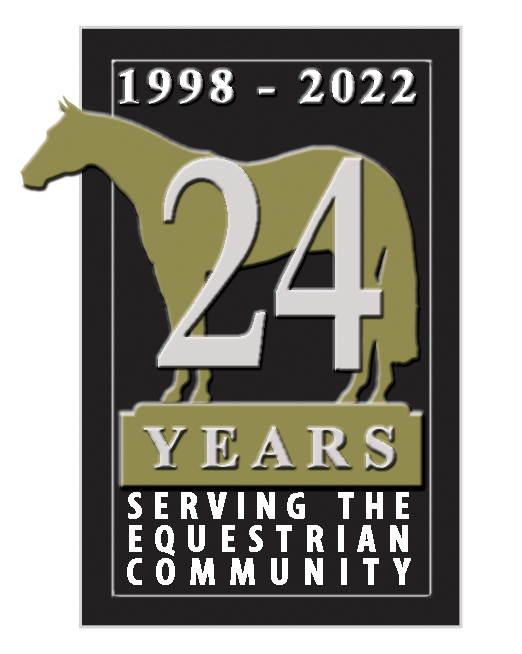2010 AHC National Issues Forum Focused on the Impact of Equine Diseases
August 12, 2010 This year’s American Horse Council’s National Issues Forum focused on infectious equine diseases and the impact those diseases have on our horses’ welfare and our industry’s health. The annual meeting was held from June 20 to 23 and also included a Trails Forum, the annual Congressional Ride-In, AHC committee meetings, and a Congressional Reception.
This year’s American Horse Council’s National Issues Forum focused on infectious equine diseases and the impact those diseases have on our horses’ welfare and our industry’s health. The annual meeting was held from June 20 to 23 and also included a Trails Forum, the annual Congressional Ride-In, AHC committee meetings, and a Congressional Reception.
The highlight of this year’s forum was a workshop co-hosted by the U.S. Department of Agriculture, Animal and Plant Health Inspection Service (USDA-APHIS) and the AHC which provided an opportunity for the horse industry, key federal and state authorities, and others to discuss how each sector can protect the health of our horses and the commercial viability of our industry in the face of emerging and re-emerging diseases.
“This year’s meeting provided a framework for the equine industry, USDA, and state health officials to discuss the impact equine infectious diseases have on our horses and our industry,” said AHC President Jay Hickey. “We appreciate USDA-APHIS taking the initiative on this workshop.”
During his opening remarks, Dr. Jere Dick, Associate Deputy Administrator and Chief of Field Operations for USDA-APHIS-Veterinary Services said, “this workshop is a unique opportunity to bring together diverse segments of the equine industry to discuss how to address preparedness for, and response to, equine infectious diseases in this country.and to identify priorities related to equine infectious diseases, to explore the critical support functions that could be performed by each segment of the industry, and to discuss funding issues.”
Recent outbreaks involving Contagious Equine Metritis, Equine Piroplasmosis, Vesicular Stomatitis, Equine Herpesvirus (EHM), and others continue to affect every aspect of the horse industry. These outbreaks have caused USDA-APHIS and state authorities to spend a great deal of money and resources to identify the diseases, trace the horses potentially affected, and contain the outbreak. The cost of these diseases is difficult, if not impossible to quantify, in terms of fatality rates, veterinary care, the effect on sales, breeding, racing, competitions, recreation, and the interstate and international movement of horses.
These outbreaks have affected and continue to affect the interstate and international movement of horses, which is critical to the horse industry. When barriers to movement are raised by states and foreign countries concerned about the spread of infectious diseases, this affects sales, breeding, racing, competitions, and recreation. “Restrictions on horse movement results in restrictions on our entire industry,” said Hickey.
On June 22, there was an open session that included presentations by USDA-APHIS personnel on specific infectious diseases, epidemiological updates, and a summary of the issues identified during the previous day’s workshop.
“This year’s National Issues Forum provided a platform for national organizations and representatives of federal and state authorities to identify priority issues and discuss a coordinated approach on how best to respond and limit the impact these diseases have on our horses and our industry. Major equine diseases continue to have dramatic consequences for our horses’ welfare and affect every aspect of our industry,” said Hickey. “This year’s forum does not conclude our focus on how to deal with these diseases. Rather, it is only the beginning.”
http://www.horsecouncil.org/pressreleases/2010_7_1.php Link to Full Article Here
As the national association representing all segments of the horse industry in Washington, D.C., the American Horse Council works daily to represent equine interests and opportunities. The AHC promotes and protects the industry by communicating with Congress, federal agencies, the media and the industry on behalf of all horse related interests each and every day.
The AHC is member supported by individuals and organizations representing virtually every facet of the horse world from owners, breeders, veterinarians, farriers, breed registries and horsemen’s associations to horse shows, race tracks, rodeos, commercial suppliers and state horse councils.

